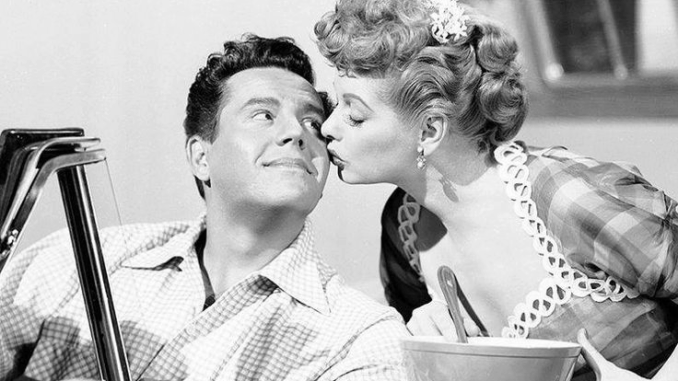
Few television shows have left a cultural footprint as large and lasting as I Love Lucy. What began as a black-and-white sitcom in the early 1950s has grown into a global symbol of timeless comedy and progressive television history.
Beyond its humor, I Love Lucy was a landmark for social change and innovation. Lucille Ball became the first woman to run a major television production company, Desilu Productions, which would go on to produce other classics like Star Trek and The Andy Griffith Show. The show also dealt with real-life pregnancy—something almost unheard of on TV at the time—by writing Lucy’s pregnancy into the script and airing the birth episode to record-breaking audiences.
The show’s enduring popularity can be seen in merchandise, streaming platforms, and countless references in pop culture. From Halloween costumes to memes, Lucy and her famous red hair remain relevant to each new generation of viewers.
Tourists still flock to Lucille Ball’s hometown of Jamestown, New York, to visit the Lucy-Desi Museum and attend the annual Lucille Ball Comedy Festival. Even today, her influence can be felt in every sitcom that dares to blend sharp writing, physical comedy, and heartfelt emotion.
I Love Lucy isn’t just a show—it’s a legacy.
